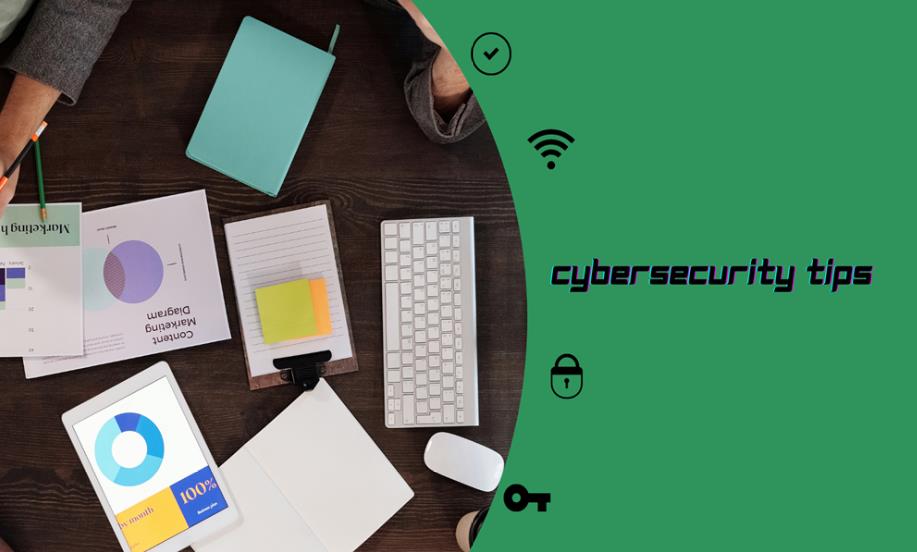On the Internet, we talk to our relatives, pay bills, do shopping – this is where a large part of our lives has changed. However, when we do not know the basic rules of online security, we are exposed to leakage of our data, correspondence, passwords, and even theft of funds from a bank account. How to behave so that Internet thieves could not easily rob us? What to do to Stay Safe Online?
Protect Personal Data on the Internet
It is not worth succumbing to the illusion that we are anonymous on the Internet. A hacker may be able to break into your computer and leave no traces, but you cannot count on 100% anonymity. There is no point in getting paranoid, but it is better carefully select any files and information about yourself that end up on the Web.
Use Strong Passwords to Stay Safe Online
Social networks, bank websites, online stores and many other sites require users to have password-protected accounts. It is not only one of the basic, but also one of the most important security features. The danger on the web affects all of us. Therefore, when creating a slogan, we should not go the easy way.
Don’t make the mistake of using the same password everywhere. This is very dangerous because a hacker will have access to all your accounts by discovering one password. The password should not be our date of birth or the pooch’s name. The use of strong, long and complex passwords is a guarantee of very good security. Parents often wonder what router to choose for the home? It turns out that the best solution will be a device secured with a password.
Logging Out and Using Various Types of Pseudonyms
When finishing work on a given portal or website that requires logging in, remember to log out, not only from the selected page, but also from your computer. This is especially true for people who frequently use computers in internet cafes or libraries. In these places, almost everyone has access to devices and we never know who will use a given computer. On the Internet, we should use pseudonyms that make it difficult to identify us and do not reveal a large amount of information about us. Remember: Never provide your details.
Encrypting Files
How to Stay Safe Online? This and other similar questions concern each of us every day. There is a large amount of data and information about ourselves on the hard drive of our computer. In order to be properly secured, it is worth considering specialized encryption. It is possible with some third-party tools.
Two-Step Verification to Stay Safe Online
It is a very good security used mainly when logging into your account and making online payments. The two-step method consists in the fact that in addition to the traditional logging in to the website, it is also required to enter the code that we will receive in the SMS message. This is a very good security feature. A thief who breaks your password will not be able to make a transfer without a special code.
Invest in a Good Antivirus Program
The network is full of more or less dangerous viruses, i.e. software that can replicate itself and make certain changes to a computer without the consent of its user. Computer viruses spread mainly due to the ignorance and carelessness of Internet users, so it is important not to give up various safeguards that are to protect us against them. Such protections are, for example, a firewall, an antivirus and anti-spyware program or browser extensions that can block dangerous websites, pop-up new windows with ads, or even limit the flow of information about the pages we have browsed.
Downloading anything from an untested source is not very wise in itself, but even a file downloaded from your own mailbox can contain malware. Scanning it with the right program will give you security and peace of mind. While at first glance, it may seem that there are many rules regarding Internet security, and it would be difficult to follow all of them, it is actually all a matter of implementing new habits. If you remember to change your password, update your software, or log out for a while, it won’t require any effort after a while, but you will do it automatically.
In Conclusion
Young people no longer divide reality into virtual and real or online and offline – for many of them they interpenetrate, the more that having a smartphone in their pocket, they have access to the network from virtually anywhere.
The Internet is constantly evolving and changing, as well as the specificity of threats to which children may be exposed online. Although children quickly learn to use the Internet, they often overlook or underestimate these dangers. So let’s teach them how to recognize threats and how to protect against them.
Check out: 5 Proven Ways To Protect Yourself From Cybercrime

